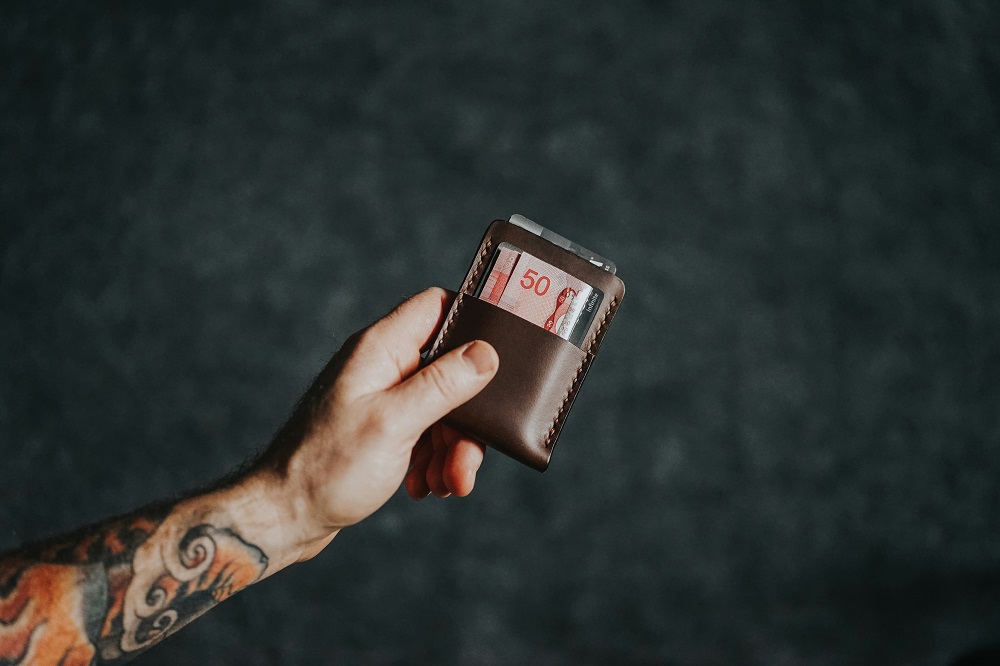
When you’re contacted by a debt collector, your first instinct might be to panic or pay immediately to avoid further stress. However, doing so without verifying the legitimacy of the debt can be a costly mistake. The Fair Debt Collection Practices Act (FDCPA) gives you the right to request debt validation before you pay anything or engage further. Knowing how to exercise this right could protect your finances, credit score, and peace of mind.
Debt validation isn’t just a defensive move—it’s a smart way to ensure the debt in question is accurate and that the collector has the legal authority to collect it. Under US debt validation rules, collectors are obligated to provide specific documentation when you request it in writing. If they can’t, they’re legally barred from pursuing collection efforts until they do.
What Is Debt Validation?
Debt validation is a consumer protection mechanism designed to hold debt collectors accountable. It allows you to request proof that a debt is valid, accurate, and legally collectible. When a debt collector contacts you, they’re required to send a written notice within five days that includes the amount owed, the name of the creditor, and your right to dispute the debt within 30 days.
If you dispute the debt or request validation in writing within 30 days, the collector must pause all collection activities. They can’t call you, send letters, or take further action until they provide the necessary documentation. This typically includes information such as the original creditor’s name, the amount owed (with an itemized breakdown), and proof they have the legal right to collect.
Why Debt Validation Matters
Debt validation is essential because debt collection agencies often buy old debts in bulk, sometimes with limited or outdated information. This can lead to errors in the amount owed, duplicate accounts, or even attempts to collect on debts that are already paid or discharged in bankruptcy.
By requesting validation, you protect yourself from paying a debt that may not be yours or that the collector can’t legally enforce. You also create a legal paper trail, which can be valuable if the matter escalates or if you need to file a complaint with consumer protection agencies.
Additionally, if you’re already struggling financially, validating the debt gives you time to plan, consult legal advice, and explore your options. For those actively learning how to fight a debt collector, debt validation is often the first and most important step. It puts the burden of proof on the collector—where it legally belongs.
How to Request Debt Validation – Step-by-Step
Step 1: Gather Information
Before you write your validation letter, make sure you have all the details from the initial communication. Note the name of the debt collector, the amount claimed, the account number (if provided), and the date of the call or letter.
Step 2: Write a Debt Validation Letter
Craft a formal debt validation letter that includes:
-
Your name and contact information
-
The date and the name of the collection agency
-
A reference to the debt (account number or date of notice)
-
A clear statement that you dispute the debt and request full validation
-
A request that all communication be in writing
Avoid admitting that the debt is yours. Do not offer partial payments or agree to anything over the phone. Your goal is solely to request documentation that proves the debt is valid and legally collectible.
Step 3: Send the Letter via Certified Mail
Send your letter by certified mail with return receipt requested. This gives you proof that the agency received your request and the date it was delivered. According to the FDCPA, they must stop collection efforts until they validate the debt.
Step 4: Wait for a Response
Once your request is received, the debt collector must cease all collection efforts until they provide proper documentation. This may take time, but don’t be pressured by follow-up calls or letters sent in violation of the law.
Step 5: Review the Documents Carefully
If the collector responds with documents, review them thoroughly. Check for discrepancies, such as wrong account numbers, incorrect balances, or lack of assignment from the original creditor. If the documents are insufficient, you can send another letter disputing their claim.
What Debt Collectors Must Provide
Legitimate debt validation includes:
-
The name and contact of the original creditor
-
An itemized list of charges and fees
-
The total amount owed
-
Proof that the collector has the legal right to collect (such as a contract or chain of title)
-
A copy of any judgment if the debt has been litigated
If the collector fails to provide this information, they are not legally allowed to continue collection activities. If they persist, you have grounds to file a complaint with the Consumer Financial Protection Bureau (CFPB) or your state attorney general.
What Happens If the Debt Is Validated?
If the collector provides sufficient documentation, you have several options:
-
Pay the debt in full
-
Negotiate a settlement
-
Set up a payment plan
-
Challenge certain charges or interest if they seem inflated
If the debt is not validated, you are not required to pay it, and the collector must cease contact. You can also dispute the debt with credit bureaus to have it removed from your report if no proper validation was ever given.
Final Tips to Protect Yourself
-
Always keep copies of all correspondence and mail receipts
-
Never agree to anything over the phone—get everything in writing
-
Don’t ignore a collector’s lawsuit; validation won’t stop court action
-
Be wary of “zombie debt”—expired debt that becomes active if you make a payment
-
Consult with a consumer attorney if the debt is large or disputed
Debt validation is not a loophole—it’s a consumer right. Exercise it wisely, and you’ll gain control over your financial situation, even when dealing with aggressive collection agencies.
FAQs:
1. How long do I have to request debt validation after being contacted?
You have 30 days from the date you receive the initial written notice from a debt collector to request validation in writing.
2. Can a debt collector sue me if I request validation?
They can, but requesting validation first may delay action. If they sue before validating, you can use their failure to respond as part of your legal defense.
3. What happens if a collector doesn’t respond to my validation letter?
If they don’t respond, they must stop collection efforts. You can report them to the CFPB or file a complaint with your state’s consumer protection agency.
4. Does debt validation apply to original creditors too?
No. The FDCPA applies only to third-party debt collectors. However, you can still dispute inaccurate information directly with the original creditor or credit bureaus.
5. Should I send a debt validation letter for very old debts?
Yes. Validation helps determine if the debt is beyond the statute of limitations. Paying on time-barred debt can restart the clock, making you legally liable again.
If you’re facing pressure from collectors, take action—but take smart action. Debt validation gives you the power to demand accountability, protect your rights, and ensure your financial future is based on truth—not fear.




